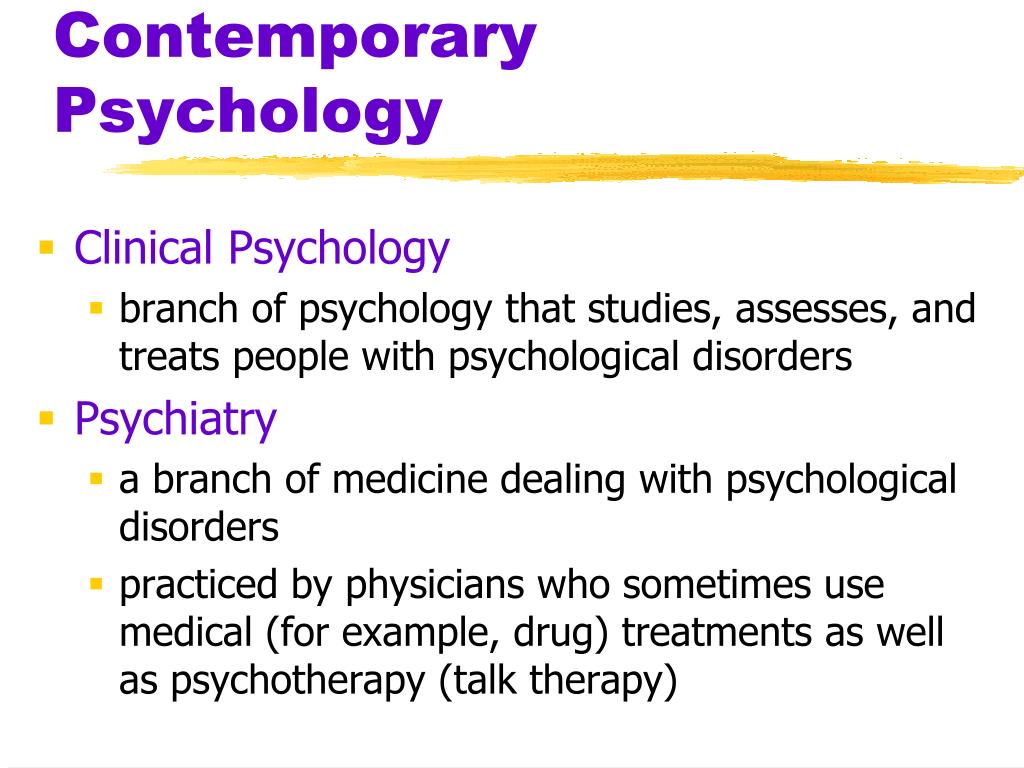Understanding Contemporary Approaches in Psychological Science: Key Perspectives, Applications, and Guidance

Introduction to Contemporary Psychological Approaches
Psychological science is a dynamic discipline, shaped by a range of theoretical perspectives and research methods. Contemporary approaches provide foundational frameworks for understanding human thought, emotion, and behavior. Whether you’re a student, educator, or practitioner, knowing these approaches empowers you to interpret psychological phenomena and apply evidence-based strategies in real-world contexts. This article explores the major contemporary approaches, discusses their practical applications, and offers guidance on accessing further resources and opportunities in the field.
Major Contemporary Approaches to Psychological Science
Current research and practice in psychology draw from several established approaches. Each offers distinct explanations, methodologies, and implications for understanding mental processes and behavior [3] [2] :
1. Biological Approach
The biological approach focuses on the physiological bases of behavior. It examines how genetics, brain structures, neurochemistry, and the nervous system influence thoughts and actions. Research in this field often utilizes advanced technologies, such as brain imaging and genetic analysis, to uncover the biological underpinnings of mental health and behavior [1] [4] . For real-world application, biological psychology informs interventions for neurological disorders, addiction, and sleep disturbances. To access resources in this area, consider searching for neuroscience research centers or academic programs at major universities, such as the National Institute of Mental Health.
2. Behavioral Approach
The behavioral approach (often called behaviorism) emphasizes observable behaviors and the environmental factors that shape them. It posits that behavior is learned through interactions with the environment, particularly via conditioning, reinforcement, and punishment. This perspective has led to effective strategies for behavior modification, commonly used in education and therapy settings [3] . For example, Applied Behavior Analysis is widely utilized in autism interventions. To find certified behavioral therapists, you can search state psychological associations or visit the Behavior Analyst Certification Board’s official website.
3. Cognitive Approach
The cognitive approach centers on mental processes such as perception, memory, reasoning, and problem-solving. Cognitive psychologists study how people encode, process, store, and retrieve information, often using experimental and computational methods [4] . Cognitive theories inform educational practices, memory enhancement techniques, and cognitive-behavioral therapy (CBT). If you are interested in cognitive psychology research or clinical practice, consider exploring resources at leading institutions like the American Psychological Association (APA) or searching for CBT-certified practitioners through official directories.

Source: materialcampuscleveland.z13.web.core.windows.net
4. Psychodynamic Approach
The psychodynamic approach traces its roots to Sigmund Freud and emphasizes unconscious motives, early childhood experiences, and interpersonal relationships. While modern psychodynamic theory has evolved beyond Freud’s original concepts, it continues to influence clinical practice, especially in talk therapies for anxiety, trauma, and personality disorders [2] . Those seeking psychodynamic therapy can consult clinical psychologists or therapists with specialized training, typically found through professional licensing boards or established therapy clinics.
5. Humanistic Approach
The humanistic approach highlights individual potential, free will, and self-actualization. Pioneered by Carl Rogers and Abraham Maslow, this perspective views people as inherently good and capable of personal growth. Humanistic psychology informs counseling, life coaching, and educational philosophies that foster self-esteem and personal development [2] . To access humanistic therapy or resources, search for licensed counselors with expertise in person-centered therapy or consult the Association for Humanistic Psychology.
6. Sociocultural Approach
The sociocultural approach examines how social and cultural environments shape behavior and mental processes. This perspective is critical for understanding diversity, group dynamics, and cultural influences on mental health. Sociocultural research guides community interventions, multicultural counseling, and policy development [3] . For resources, consider contacting local social service agencies, mental health organizations, or academic centers specializing in cross-cultural studies.

Source: thestreamable.com
7. Evolutionary Approach
The evolutionary approach explores how evolutionary processes, such as natural selection, influence psychological traits and behaviors. It provides insights into mating, parenting, aggression, and social cooperation. Evolutionary psychology is primarily a research-oriented field; if you are interested in accessing studies, search for evolutionary psychology journals or academic departments at universities [2] .
Practical Applications and How to Access Resources
Understanding these approaches is valuable for students, professionals, and anyone interested in mental health and human behavior. Here are actionable steps for accessing opportunities and resources related to each approach:
- Education and Certification: To pursue formal education in psychology, search for accredited programs through the APA or your country’s psychological association. For certification in specific therapies (e.g., CBT, Applied Behavior Analysis), visit official certification boards or university websites.
- Therapy and Counseling: To find licensed therapists who practice specific approaches, use official directories provided by national or state licensing boards. If you are unsure where to start, you can contact your local mental health clinic or primary care provider for referrals.
- Research and Professional Development: To stay updated on contemporary approaches, subscribe to peer-reviewed psychology journals, attend conferences, and join professional organizations such as the APA or the Association for Psychological Science.
- Community and Cultural Programs: If you are interested in sociocultural or cross-cultural psychology, reach out to local community centers, cultural organizations, or university departments specializing in social research.
Challenges in Applying Contemporary Approaches
While these approaches offer valuable tools, challenges include integrating multiple perspectives, ensuring cultural relevance, and staying current with research. For example, combining cognitive and behavioral techniques in therapy requires specialized training, and understanding cultural influences demands ongoing education. To overcome these challenges, professionals should engage in continuing education and consult with interdisciplinary teams.
Alternative and Emerging Perspectives
In addition to the main contemporary approaches, emerging perspectives such as positive psychology, neuropsychology, and integrative therapies are gaining traction. These combine elements from multiple approaches and focus on strengths, brain-based interventions, and holistic well-being. To access these resources, search for specialized journals, professional associations, and multidisciplinary conferences.
Key Takeaways
Contemporary approaches to psychological science provide diverse frameworks for understanding human behavior, mental processes, and well-being. By exploring these perspectives, individuals and organizations can apply evidence-based strategies across clinical, educational, and research settings. For actionable guidance, always seek resources and professionals through verified organizations, official directories, and reputable institutions.
References
- [1] Georgia State University (n.d.). 7 Major Approaches to Psychology.
- [2] Simply Psychology (2023). Perspectives In Psychology.
- [3] Lumen Learning (2015). Contemporary Approaches to Psychology.
- [4] Washington State University (n.d.). Contemporary Psychology.
- [5] YouTube (2015). Psychology Crash Course #3: Contemporary Approaches.






